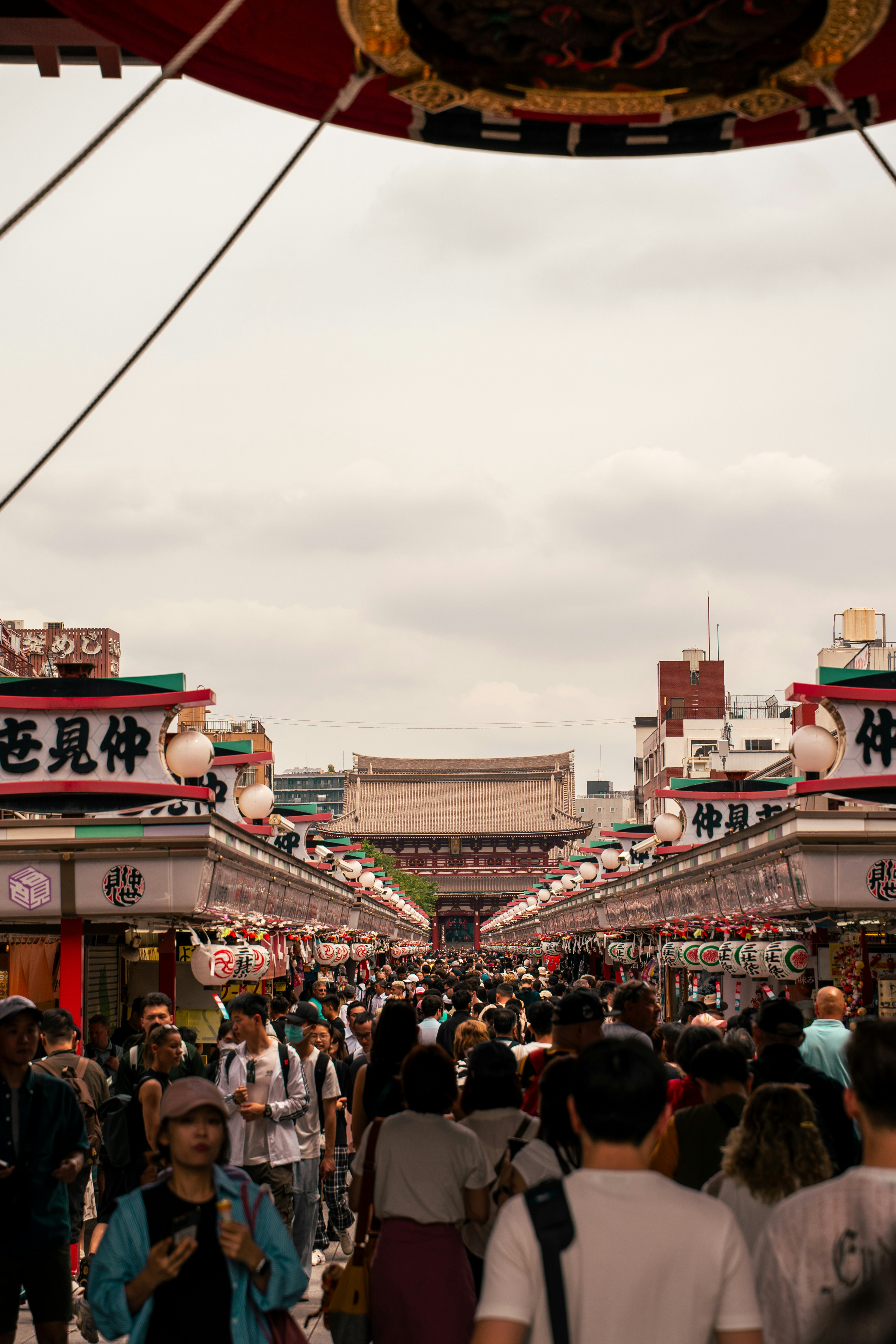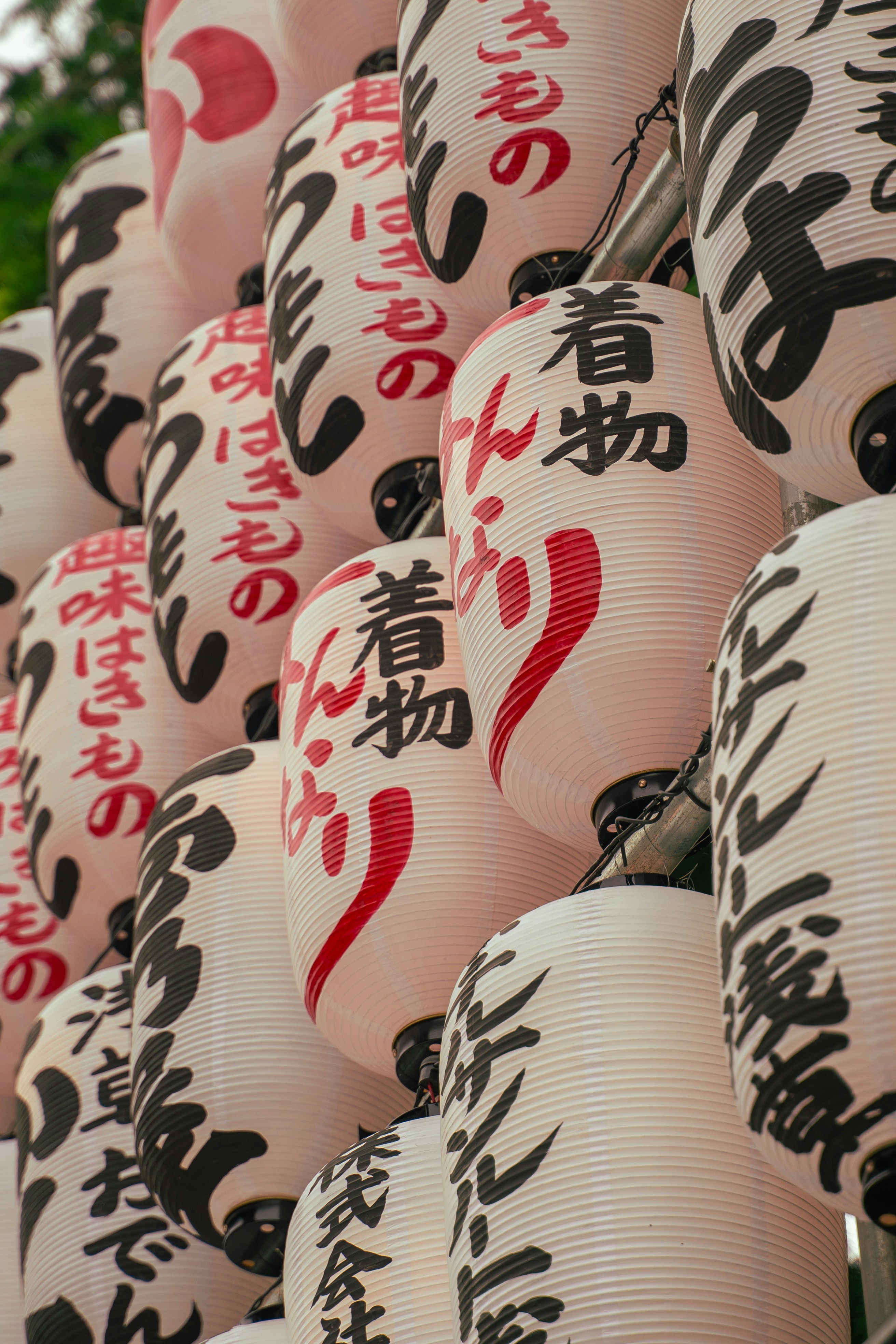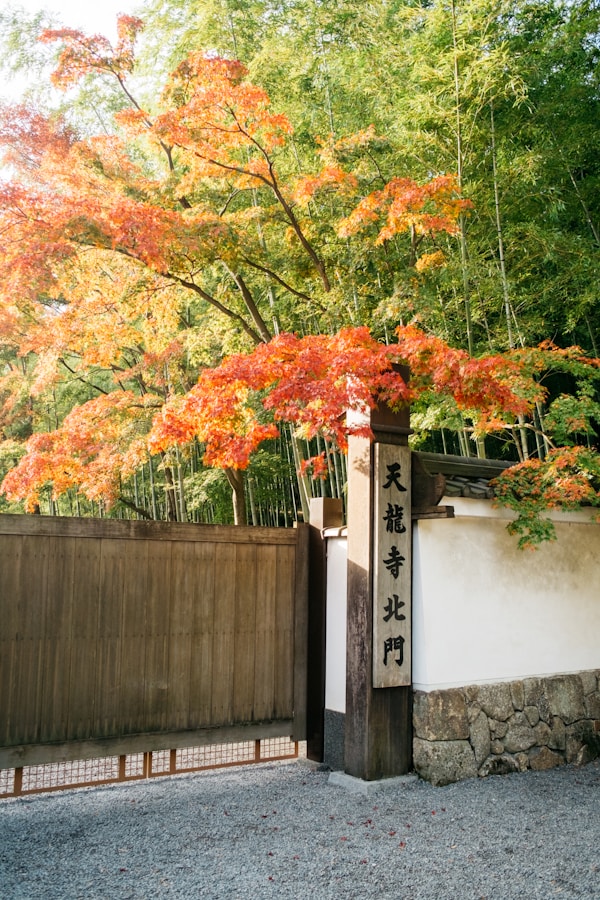.svg)
Common Challenges When Purchasing Akiya as a Foreigner
.svg)
.svg)
.svg)

Want more than just a cheap home in Japan? Discover towns with famous festivals and akiya opportunities—and how Old Houses Japan helps you become part of the celebration.


Looking for a home that offers more than just quiet countryside living? What if your akiya came with lantern-lit streets, centuries-old parades, or a summer firework show right outside your window?
Across Japan, towns that host iconic local festivals—matsuri—are often filled with rich culture, strong community ties… and surprisingly affordable akiya homes.
Buying a property in one of these towns means more than getting a roof over your head. It means becoming part of a living tradition.
Here’s a guide to some of the top towns with famous festivals—and the akiya opportunities hiding behind the festivities.

Home of the Takayama Matsuri – one of Japan’s most beautiful float festivals.
Takayama’s old town is carefully preserved, and while central properties are pricey, surrounding neighborhoods and satellite towns offer cheaper homes full of character.
💡 Akiya Tip: Look just outside Sanmachi Suji for more affordable options with festival proximity.
Home of the Nebuta Matsuri – giant glowing floats and one of Japan’s most iconic parades.
Aomori has a mix of city convenience and Tohoku affordability. Many properties near the festival route are spacious but underused.
💡 Akiya Tip: Homes here are winter-ready and larger than average—great for hosting or creative reuse.
Famous for its thrilling Danjiri Festival – where locals race massive wooden floats through narrow streets.
Just a short train ride from Osaka, Kishiwada blends urban access with a tight-knit, festival-driven community.
💡 Akiya Tip: Older homes near the castle district occasionally appear in local akiya networks—grab them fast.
Known for Gujo Odori – Japan’s longest-running bon-odori dance festival, held for over 30 nights each summer.
This charming canal town offers old merchant homes and hillside kominka at low prices.
💡 Akiya Tip: Gujo’s cultural appeal makes it ideal for guesthouse conversions and creative studios.
Hosts the graceful Yabusame horseback archery festival in a stunning mountain setting.
Tsuwano is a castle town with preserved Edo-era streets and ample akiya listings.
💡 Akiya Tip: The local government is actively encouraging relocation—expect grants and property support programs.
Home of the Chichibu Night Festival – a UNESCO-listed float and fireworks celebration.
Just two hours from Tokyo, Chichibu offers stunning mountain scenery and traditional homes tucked away in peaceful neighborhoods.
💡 Akiya Tip: Focus on outlying districts for better deals and easier renovation regulations.

We assist buyers with:
We make sure you don’t just buy a home—you join a tradition.
Buying a home in a festival town means more than just square footage. It means hearing drums echo through the streets, seeing lanterns flicker outside your window, and knowing you’re part of something that’s lasted centuries.
If you're looking for an akiya with energy, heritage, and unforgettable experiences—this is where to start.
Let Old Houses Japan help you find a place where the walls have stories—and the streets come alive every year.
Start your journey with Luxey today! Sign up for free and get instant access to the best property listings.



